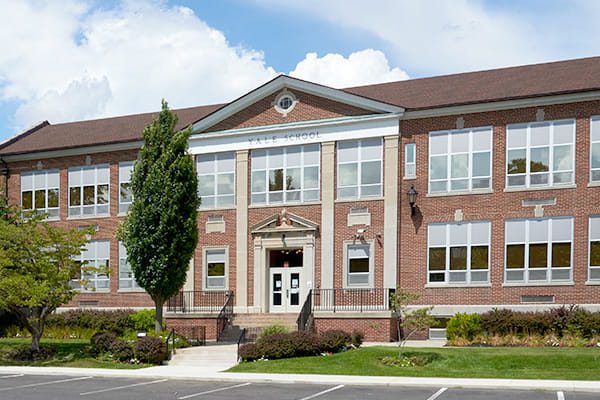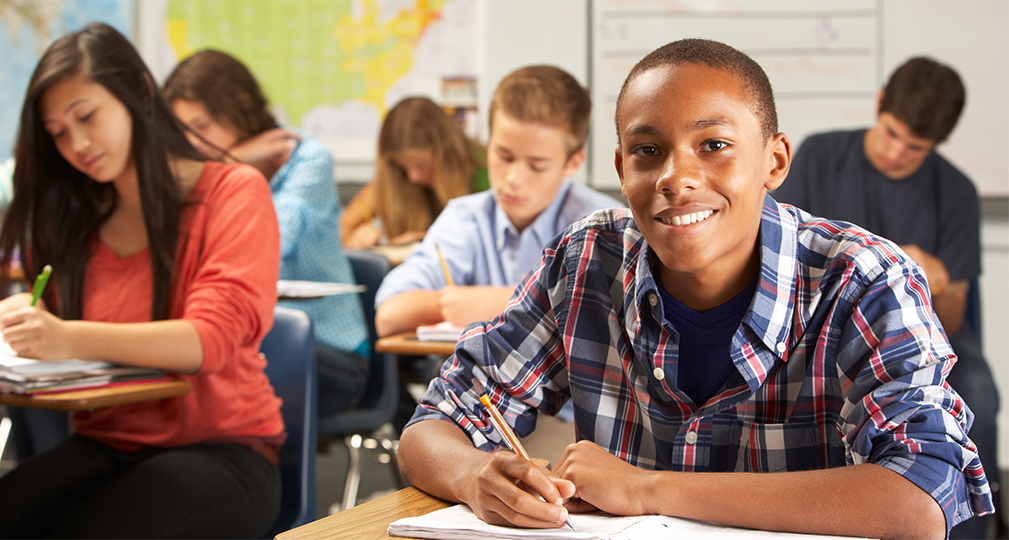Ingenious Solutions to Save Temecula Schools from Budget Plan Cuts
Ingenious Solutions to Save Temecula Schools from Budget Plan Cuts
Blog Article
The Effect of College Environments on Academic Success and Personal Wellness
The layout of instructional areas, consisting of all-natural lighting and ergonomic furniture, can improve pupils' concentration and comfort. Just how can schools tactically improve these aspects to better support their students?
Physical Design and Style
Exactly how does the physical layout and layout of an institution impact scholastic success? The plan and aesthetic of an institution environment can substantially influence trainees' learning results.
All-natural lighting and reliable air flow systems are pivotal in improving cognitive feature and reducing absence. Researches have actually revealed that classrooms with ample natural light boost pupil concentration and decrease sensations of drowsiness. Furthermore, ergonomic furniture tailored to pupils' requirements can prevent physical pain, enabling prolonged focus and engagement in academic activities.
Accessibility to outdoor areas and cosmetically pleasing environments also play a vital duty - Save Temecula Schools. Environment-friendly spaces and properly maintained school premises provide opportunities for workout and mental leisure, both of which are essential for keeping high degrees of scholastic efficiency. In essence, an attentively developed physical setting can work as a driver for scholastic excellence, promoting an environment that sustains both teaching and discovering
Classroom Environment
A positive classroom environment is fundamental to achieving scholastic success. A setting that cultivates a feeling of security, inclusivity, and shared regard motivates pupils to involve even more proactively in their understanding procedures. The atmosphere of a classroom, consisting of facets such as lights, noise levels, and seating arrangements, can substantially affect pupil focus and inspiration. A well-ventilated, well-lit class with very little disturbances can boost cognitive feature and lower stress and anxiety, thereby advertising far better scholastic outcomes.
Moreover, the class environment need to sustain a culture of collaboration and open interaction. They are much more most likely to engage deeply with the product and create important believing skills when students feel comfy revealing their concepts and asking inquiries. Peer interactions and group tasks can improve learning by offering varied perspectives and promoting teamwork
Furthermore, developing clear assumptions and consistent routines can develop a structured setting that allows pupils to focus on their studies. By decreasing uncertainty and providing a predictable structure, pupils can much better handle their time and responsibilities. Ultimately, a favorable class ambience not only boosts academic efficiency yet also adds to the overall health of trainees, preparing them for future instructional and personal undertakings.
Teacher-Student Relationships
Building on the importance of a favorable classroom ambience, the relationships in between educators and students play an essential duty in forming academic success. A healthy and balanced teacher-student relationship promotes a learning environment where trainees really feel valued, comprehended, and sustained, which substantially enhances their motivation and engagement. When students regard their educators as approachable and empathetic, they are a lot more most likely to get involved proactively in class and seek aid when required, contributing to a much deeper understanding of the subject why not look here matter.

This trust makes it possible for pupils to express their issues and concepts easily, cultivating a joint knowing environment. In essence, strong teacher-student partnerships the original source are a cornerstone of academic success, playing an important role in both scholastic success and individual growth.
Peer Interactions
Peer communications considerably influence academic success by shaping a trainee's cognitive and social development. Within the institution setting, peer relationships work as a fundamental part for learning and personal development. Favorable peer interactions can improve a pupil's inspiration and engagement in academic activities via collaborative discovering and common support. When trainees collaborate in group settings, they exchange ideas, fix troubles collectively, and develop critical believing abilities. Such interactions foster a sense of belonging and community, which is necessary for psychological wellness and academic willpower.

Efficient peer communications also contribute to the growth of important life abilities, such as interaction, cooperation, and conflict resolution. These social proficiencies are important for both scholastic success and individual health, underscoring the importance of cultivating positive peer characteristics within the school environment.
After-school Activities
Participating in after-school activities plays an essential function in a trainee's scholastic success and individual growth. These tasks, varying from sports groups to debate clubs, offer pupils possibilities to develop useful abilities such as leadership, time monitoring, and synergy. Study continually shows that trainees that join extracurricular activities have a tendency to accomplish greater academic efficiency. This relationship is typically credited to the organized atmosphere and the discipline required to balance both extracurricular and scholastic dedications.
In addition, extracurricular participation cultivates a feeling of belonging and community, which is vital for individual well-being. Participating in team tasks allows trainees to develop and strengthen social media networks, enhancing their social and psychological intelligence. These communications are essential for establishing interpersonal skills that are beneficial in both academic and future expert environments.
In addition, after-school activities give a constructive electrical outlet for students to explore their rate of interests and passions beyond the conventional educational program. This exploration can cause the discovery of brand-new talents and prospective career paths, even more motivating students to involve even more deeply in their academic work. In conclusion, the function of extracurricular tasks extends beyond plain recreation; they are important to fostering a holistic educational experience that promotes both academic success and individual growth.
Final Thought
Thoughtfully created physical designs and class, along with positive teacher-student relationships and constructive peer communications, considerably enhance student motivation and engagement. These components jointly emphasize the value of developing and keeping optimum institution settings for the advantage of trainees' scholastic and personal development.
Eventually, a positive class environment not just boosts academic performance yet also adds to the total health of trainees, preparing them for future educational and individual undertakings.

Report this page